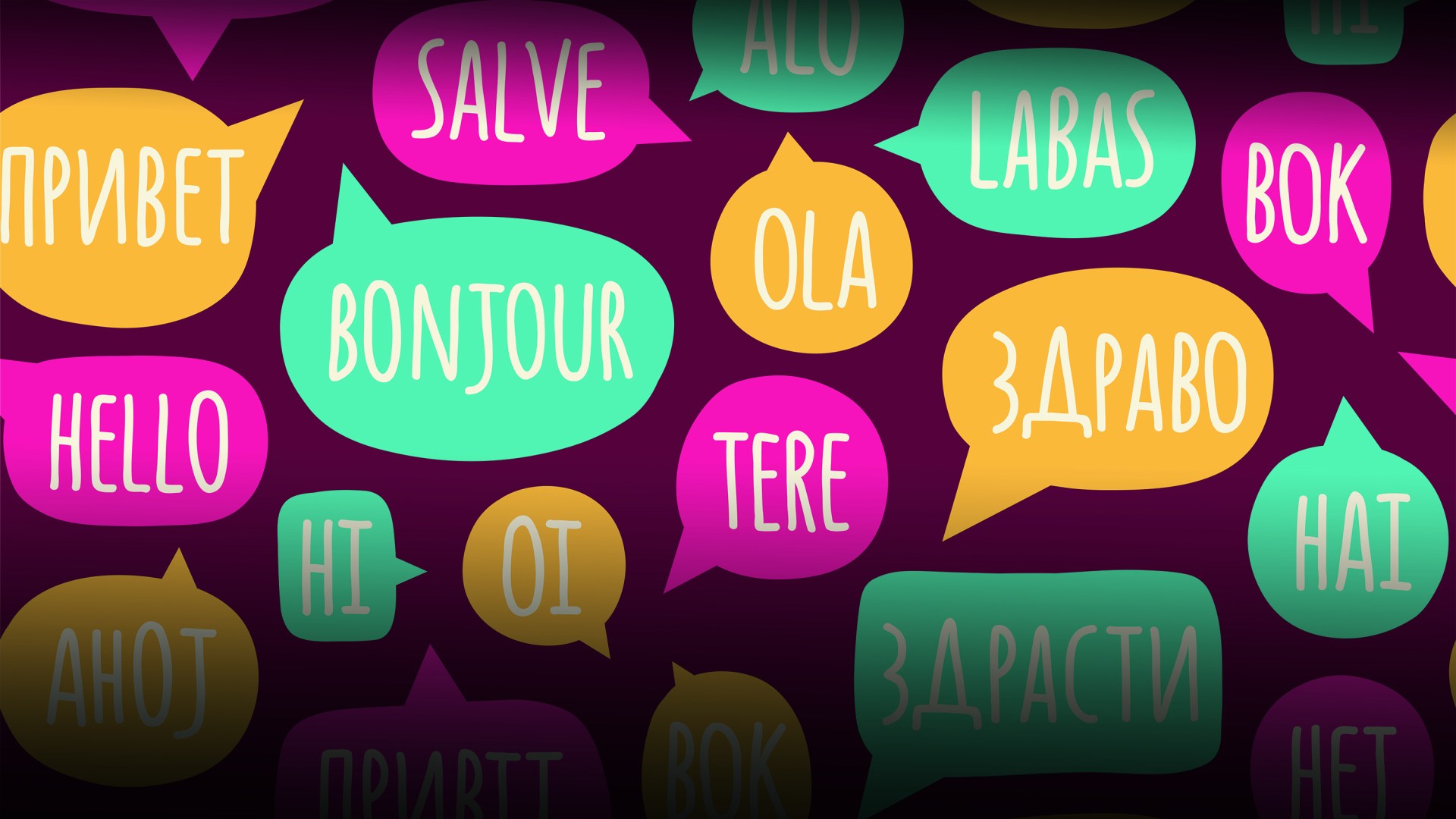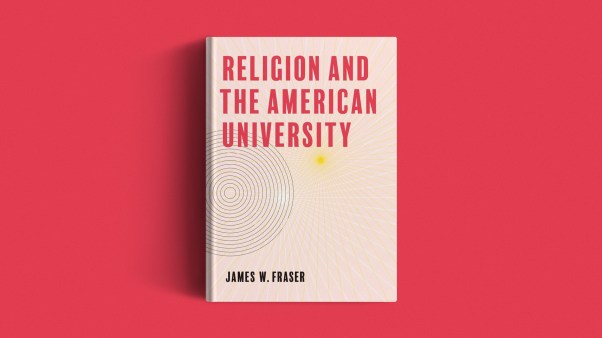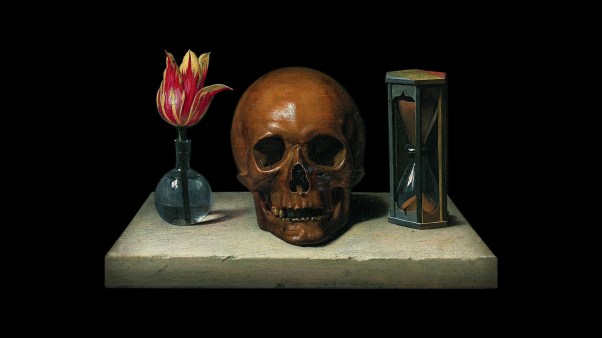According to the 2015 edition of Ethnologue, the catalogue of the world’s languages produced by SIL International, there are 7,102 living languages in the world today. This number alone is staggering—but now think about how many dialects there are in the language shared by readers of this article. How could we break it down? By nation: American, British, South African, Canadian, Indian, Nigerian, and Ugandan English, to name just a few. By location: multicultural London English, Appalachian English, Newfoundland English. By community: African American, Chicano, and Jewish English. By social group: the upper-class British variety known as BBC English, the fresh-faced language used by young people sometimes called teenspeak, the informal everyday English used in Singapore, called Singlish.
This is barely the tip of the iceberg, which can be seen as a problem for those who want to preserve some pristine form of English, saving it from the barbarians who are constantly subverting it with slang. But diversity in language, far from being something we ought to loathe, is a remarkable aspect of our bearing the image of God.
When we think of the works of beauty humans have made over the millennia, from cathedrals to frescoes to pottery to pop songs, it’s no surprise that our creativity extends to language, the one creative tool that makes us unique among all other living things.
This seems counterintuitive to those familiar with the story of the Tower of Babel, which seems to suggest that the existence of many languages is a sign of God’s judgment. But that is not the only way to read this story.
Note that the story doesn’t glorify the era when “the whole world had one language and a common speech” (Gen. 11:1). It simply notes that when this was the case, people used their common language to do something prideful and foolhardy: they built a tower to the heavens.
Language is introduced by God to confuse people so they could not carry out their dangerous plans. Time and again, Scripture records how pride leads people toward their own self-destruction. God’s act in this story can be seen as both a judgment and a grace that preserves them from self-destruction.
Language scholar Suresh Canagarajah concludes that this story warns us about “eliminating diversity in order to become one against God.” Going even further, a statement from another linguist, Thor Sawin, suggests that at its deepest level, the story teaches that “a speaking God created humans [who] need to learn each other’s ways of speaking, in order to point back to that speaking God.”
John’s gospel opens with “In the beginning was the Word.” Most linguists argue that at a deep, cognitive level, all languages are in fact the same: we all speak Language. But we are not the creators of the Word that spoke us into being and made variety possible. As the Russian language theorist Mikhail Bakhtin argued, every word we say is a response to what we’ve heard from others before us, extending infinitely back into the past and toward the future. None of us, Bakhtin says, “is the first speaker, the one who disturbs the eternal silence of the universe.”
Ultimately, the diversity of language is a divine gift, and one that teaches us about the very nature of God—and ourselves.
We were created in the image of God, and that means in part that we were created to be creators. Among the things we create are new words, which crystallize and communicate complex ideas, emotions, and experiences. This is an extraordinary ability. Think of the ranges of meaning we can make with a word like cool, which can describe many things from physical temperature (cool weather) to appreciation (how cool!) to social acceptance (the cool group at school). New forms of language are always emerging as a result of our response to the world: inventions, discoveries, social relationships and identities, beliefs and ideas, and sometimes the sheer joy of it.
Still, the temptation to stamp out unconventional language remains strong. In 2009, officials at Danvers High School in Massachusetts banned the word meep, which had become a (presumably annoying) trend among students. According to the online, user-edited Urban Dictionary, it is used as an exclamation (like “ouch” or “uh oh”), a greeting (saying “meep” instead of “hello”), or a random expression of happiness (not unlike “cool!”). At any rate, students were threatened with expulsion if they uttered what seemed to some a nonsensical syllable.
Certainly, standards are necessary—we need to be able to communicate. Words cannot mean whatever we want them to mean if we’re going to work, plan, play, and pray together sensibly. Yet the linguist M. A. K. Halliday suggests that when we worry about another’s non-standard use of English, we may be “reacting to the fact that others mean differently” from us. But that may be precisely the point of divergent ways of speaking: to help us understand differently.
We have been given an incredible gift in language. From its basic building blocks, we can literally (literally!) utter an infinite number of possible sentences. We have the mental capacity to learn not only one, but many ways of speaking, and to understand people who speak other dialects or languages than the ones we grew up with. We can rejoice in the fact that others mean differently from us, because the ability to mean at all—to understand and be understood—is miraculous, even if we have to work at it.
As we move through the world, responding to what we see and hear and read, and to the first Speaker, we have the joy and freedom of being able to use our language in infinite ways to work, play, disagree, reconcile, and worship. This feels much more like a blessing than it does a curse.
O, for a thousand tongues to meep!
Joel Heng Hartse is a PhD candidate in language and literacy education at the University of British Columbia.










